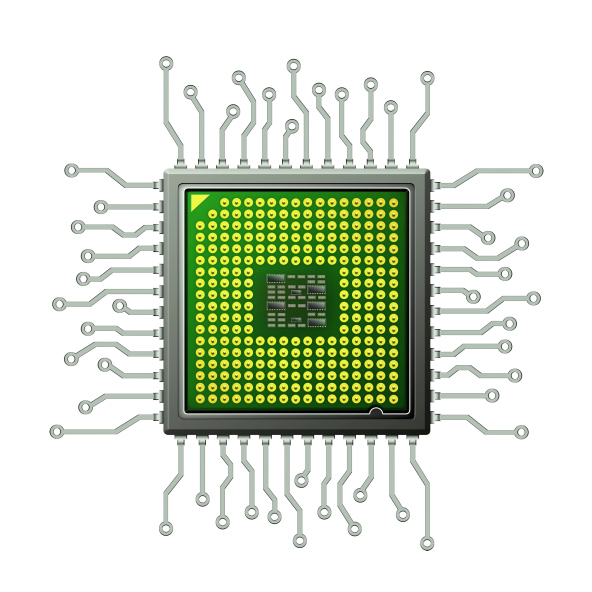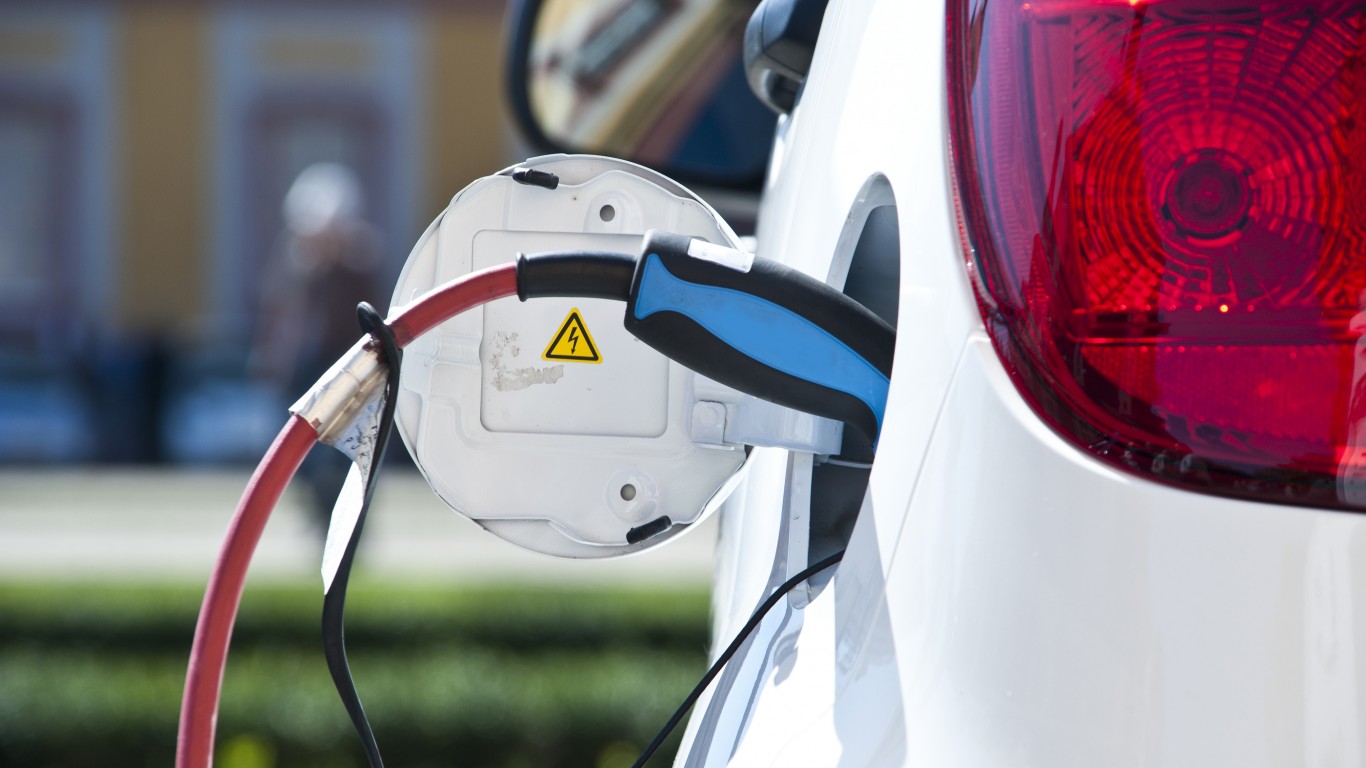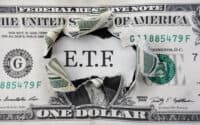
And there was even a change at the top. The manufacturer that consumed the most chips was Samsung Electronics with $23.9 billion worth of chip consumption. Displaced as number 1, but finishing in second place is Apple Inc. (NASDAQ: AAPL), with $21.4 billion. Samsung’s total rose by 28.9% year-over-year, and Apple’s rose by 13.6%.
In third and fourth places were Hewlett-Packard Co. (NYSE: HPQ) at $14 billion and Dell Inc. (NASDAQ: DELL) at $8.6 billion. Number five was Sony Corp. (NYSE: SNE) with $7.7 billion. Cisco Systems Inc. (NASDAQ: CSCO) and Nokia Corp. (NYSE: NOK) round out the top ten with $5.4 billion and $5 billion, respectively. The top ten consuming companies accounted for about one-third of total semiconductor purchases in 2012 and 64% of the market for chips.
Compared with 2011 consumption, Nokia contracted the most — down 42.6%. HP’s consumption total fell by 12.7% and Dell’s dropped by 13.4%.
The data comes from Gartner Inc. (NYSE: IT). The principal analyst said:
While the growth of new mobile computing devices, notably smartphones and media tablets, has not fully compensated for the drop in the semiconductor demand from the PC market, the data center and communications infrastructure market will keep driving semiconductor demand. The limited computing and storage resources of new mobile computing devices will be compensated for by cloud computing services with light application software.
Just more evidence that mobile computing is where things are happening today.
Are You Still Paying With a Debit Card?
The average American spends $17,274 on debit cards a year, and it’s a HUGE mistake. First, debit cards don’t have the same fraud protections as credit cards. Once your money is gone, it’s gone. But more importantly you can actually get something back from this spending every time you swipe.
Issuers are handing out wild bonuses right now. With some you can earn up to 5% back on every purchase. That’s like getting a 5% discount on everything you buy!
Our top pick is kind of hard to imagine. Not only does it pay up to 5% back, it also includes a $200 cash back reward in the first six months, a 0% intro APR, and…. $0 annual fee. It’s quite literally free money for any one that uses a card regularly. Click here to learn more!
Flywheel Publishing has partnered with CardRatings to provide coverage of credit card products. Flywheel Publishing and CardRatings may receive a commission from card issuers.
Thank you for reading! Have some feedback for us?
Contact the 24/7 Wall St. editorial team.





